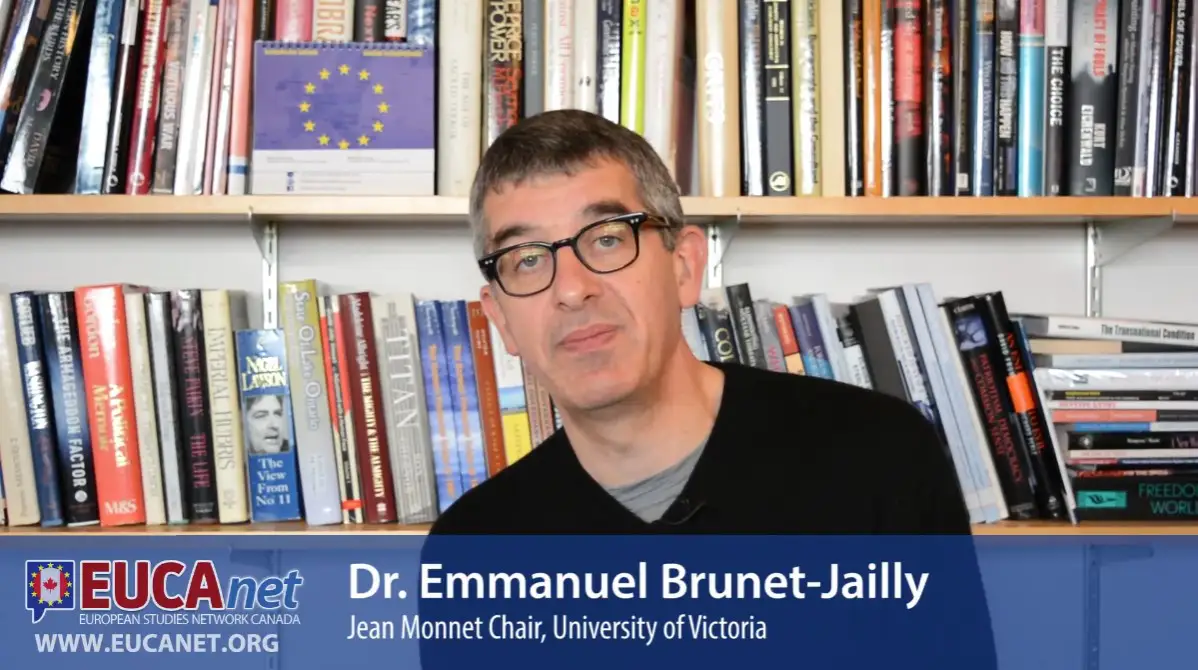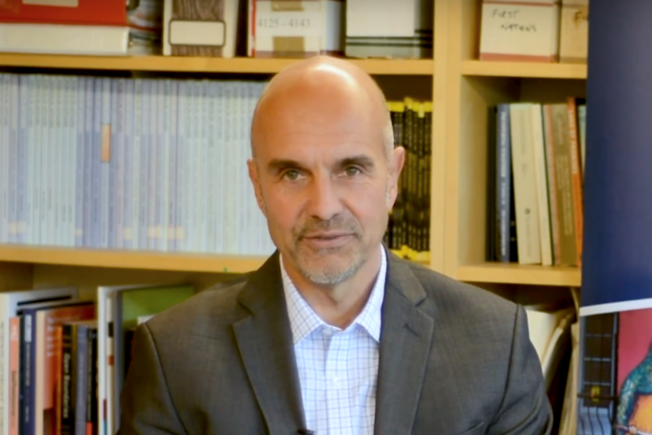Prof. David Owen: The major challenges that democracies face today
In this video, David Owen, Professor of Social and Political Philosophy within the School of Economic, Social and Political Sciences at the University of Southampton, elaborates on three levels of challenges facing democracy today. He considers the first level, the rise of populist anti-pluralist forms of politics, as symptomatic of a second level of problems which relate to the hollowing out of democracy over the last 30-40 years. For Owen, the third level of challenges relates not only to democracy but to all life on the planet, and could be catalysed by the first two. Owen notes that populism appeals to an element of the democratic ideal – popular sovereignty against representative government. But populism is “the dark side of democracy”, because “in failing to recognize the plurality of the people – rejecting certain groups as not properly part of the people, whether it is immigrants or others – it attacks what is the third core essential element of the democratic ideal”, specifies Owen.
Another feature of populism is that it delegitimizes the structures of representation, claiming that parties are agents of government but not agents of representation in any meaningful sense, says Owen. “Part of the problem is that there is an element of truth to the populist diagnosis”, he adds. Accordingly, in order to sustain representative government we need to rethink parties and party organization, says Owen. This also means “trying to work out how civic and social movement activity that takes place outside of the representative institutions can be reconnected up to those institutions” in a mutual interaction and connection – explains Owen. This is why recognizing “how little we know about how ordinary citizens think about politics, parties and political issues” is one part of developing a response. So, “to try and listen to and engage with groups to get a much better sense of how citizens quite variably and diversely may think about politics” would be a sensible first task.
This video is part of the MSEUCA project and was produced as part of the event “‘Public Debates in Turbulent Times: Academia and Media”, which took place on 19-20 March ,2019 in Victoria, BC. MSEUCA stands for Communication and Media Strategies for EU experts in Canada. This project is co-funded by the Erasmus+ Jean Monnet Action of the European Union and the Centre for Global Studies, University of Victoria. The European Union support for the production of publications does not constitute an endorsement of the contents which reflect the views only of the authors, and cannot be held responsible for any use which may be made of the information contained therein.









